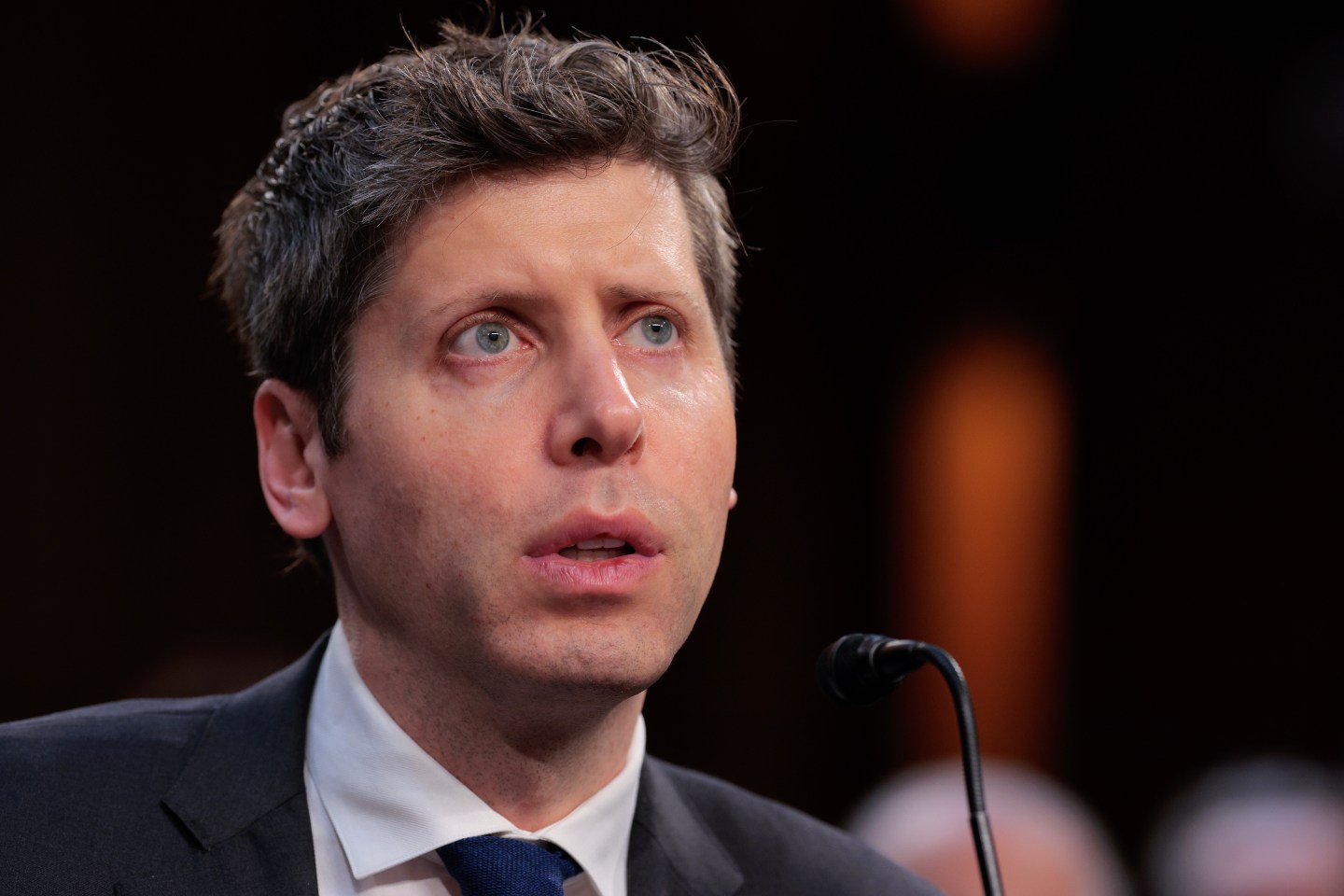Oil slipped towards $47 a barrel on Tuesday, falling further from the previous session’s one-week high on receding hopes for imminent action to tackle a supply glut.
Saudi Arabia and Russia agreed on Monday to cooperate in world oil markets. Brent jumped almost 5%, only to pare gains after Saudi Energy Minister Khalid al-Falih said there was no need to freeze output for now.
“The two nations’ cooperation is understandable,” said Kaname Gokon, a strategist with Okato Shoji.
See also: Saudi Arabia and Russia Just Threw the Oil Market With a Big, Fat Head Fake
“But when oil output is reduced, other producers would receive the benefit. There is still a question whether they can cut production for a sustainable period.”
Brent crude for November was down 32 cents at $47.31 a barrel by 08:34 GMT. U.S. crude for October, which did not settle on Monday due to the Labor Day holiday, was at $45.04, up 60 cents from Friday’s close.
Oil prices are half their level of mid-2014, hurting producing nations’ income. OPEC and Russia tried earlier this year to curb the glut by seeking an output freeze, but the deal collapsed in April due to tension between Saudi Arabia and Iran.
See also: Iran Is Ready to Raise Oil Output to Pre-Sanctions Levels
The Organization of the Petroleum Exporting Countries and non-OPEC producers such as Russia will hold informal talks in Algeria on Sept. 26-28.
Iran, which is raising exports after the lifting of Western sanctions in January, refused to participate in the earlier effort to freeze output. Saudi Arabia insisted all producers participate, prompting the collapse of the talks.
See also: Rising Oil Import Costs May Become Asia’s Growing Pain
For more on the oil market, watch Fortune’s video:
By some measures, Iran is pumping at its pre-sanctions rate. OPEC and industry sources have said Tehran now appears to be more willing to reach an understanding with other producers.
OPEC Secretary-General Mohammed Barkindo met Iran’s oil minister, Bijan Zanganeh, in Tehran on Tuesday. No details of the discussions were immediately available.












